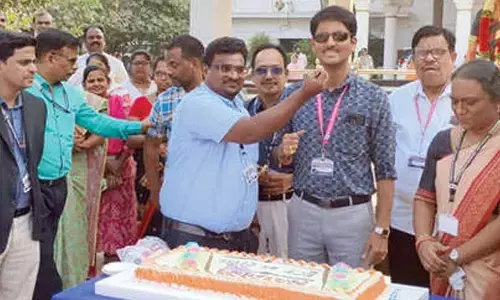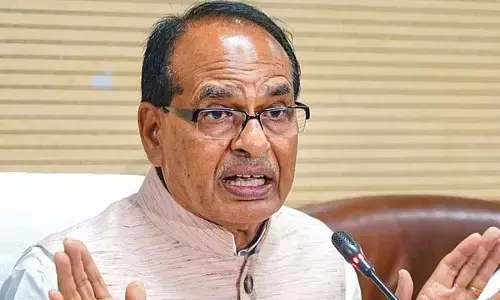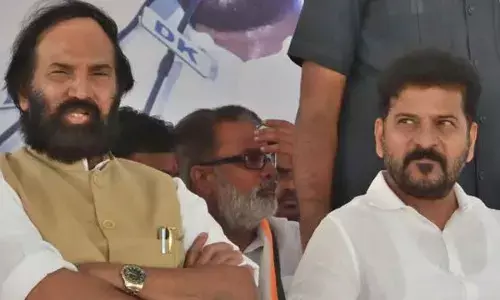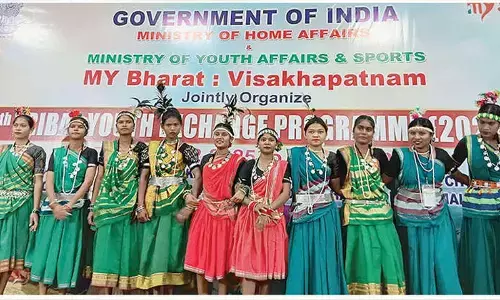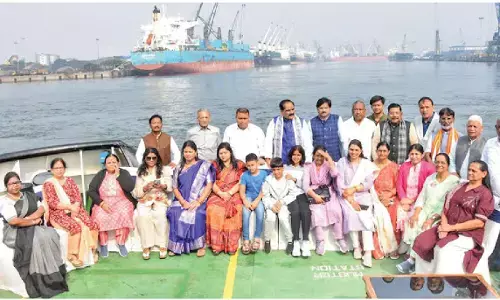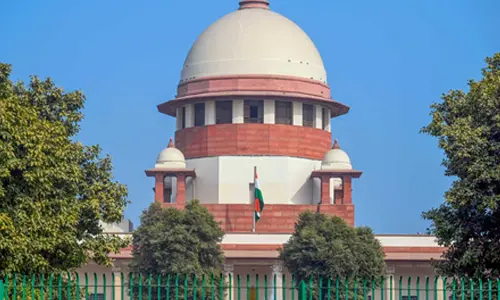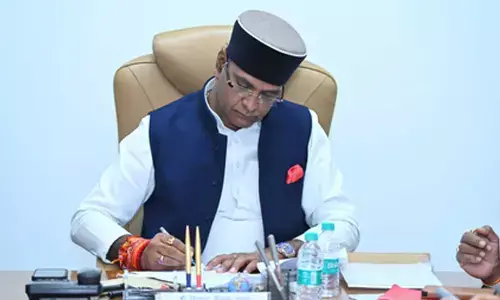Magsaysay award winning oncologist's mission to provide affordable cancer care to poor By Durba Ghosh
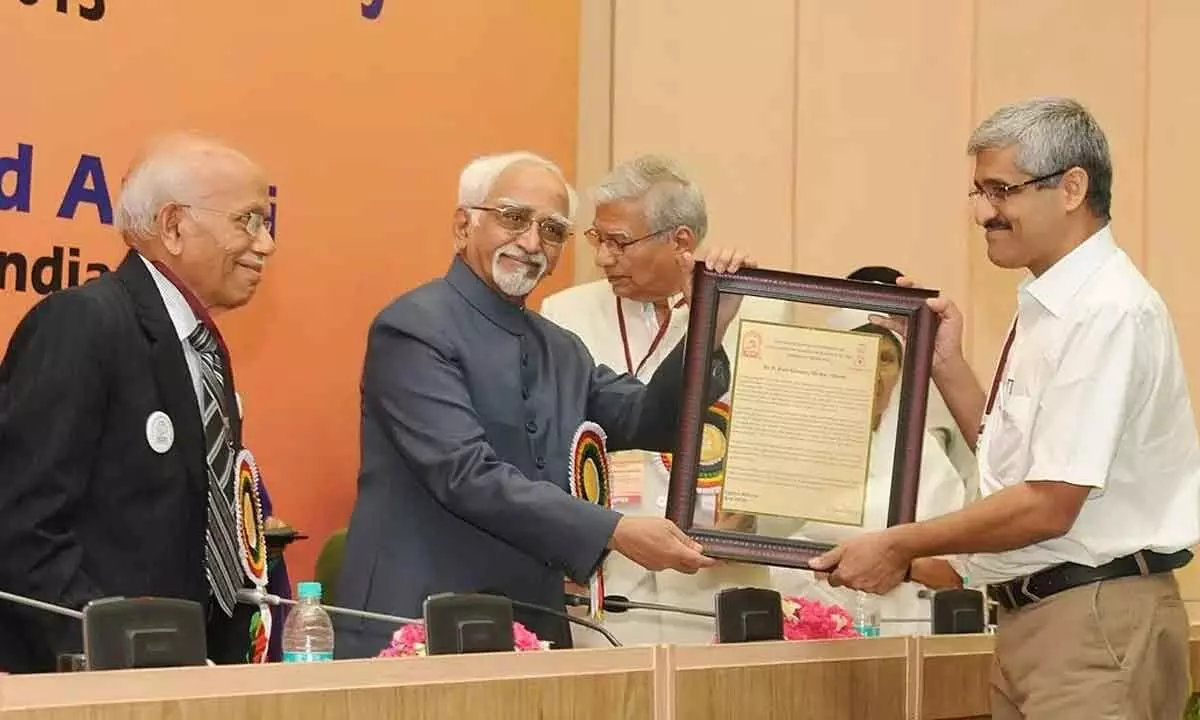
It was 23 years ago that this year's Magsaysay award winning oncologist Dr R Ravi Kannan left a lucrative career in Chennai to move to the Cachar Cancer Care Hospital and Research Centre (CCHRC) here with a mission to deliver affordable and accessible cancer care to the poor.
Silchar : It was 23 years ago that this year's Magsaysay award winning oncologist Dr R Ravi Kannan left a lucrative career in Chennai to move to the Cachar Cancer Care Hospital and Research Centre (CCHRC) here with a mission to deliver affordable and accessible cancer care to the poor.
Located at Meherpur on the outskirts of Assam's Silchar town in Barak Valley, the hospital was set up as a nonprofit on a plot provided by the state government in 1996. With cancer cases high in the Valley, primarily due to lifestyle issues, and the nearest cancer hospital 350 km away in Guwahati, citizens of Cachar district felt that there was an imperative need to set up the hospital.
"To deliver inclusive cancer care, we must have in place a package that is accessible, affordable, respectful and hassle-free," the 59-year-old awardee said. He had received a call from the then director, Dr Chinmoy Choudhury, in December 2006 who invited the oncologist, then working at the Adyar Cancer Institute in Chennai, to join and head the CCHRC.
"It was then that I and my wife Seetha arrived in Silchar to explore the possibility and when we saw the prevailing cancer care scenario here, I knew this was my calling," Kannan said on his journey of providing cancer care here from 2007. It was his wife who took the final decision as she felt that they were needed here more. She continues to volunteer along with a team of over 450 colleagues who are committed to make people aware of cancer, adopt preventive measures and seek early detection.
"How a society takes care of its sick is an important parameter to judge how civilised the society is. Since the initial days of the hospital, the focus was on pro-active poor branding with low cost services, treatment subsidy, no separate dual pricing for poor and rich patients, providing boarding and lodging along with active counselling for patients and caregivers," he said. Around 80 per cent of the patients are daily wage earners, tea garden and agricultural workers with 59 per cent of them having an income of Rs 10,000 or less.
The cost of treatment since the very beginning was very nominal and this was followed by subsidising the treatment but “what became a challenge was that after the initial visit, patients did not return for follow-up treatment," he said. "Cancer treatment is a long-drawn process. Chemotherapy is for six months, radiation for two months, followed by surgery and by the time the treatment is over, a year is gone," he pointed out. Again, by the time the side-effects and fatigue wears off, another six months is gone and as the bread-winner keeps coming back to the hospital, the family starves and after a while they stop coming as they feel that the "individual will have to die so that the others can live."
A policy decision was, therefore, taken to provide food and ad hoc employment to attendants of the patients on the hospital campus to offset their daily wages. "We conducted an audit following this decision and found that 55 per cent of the patients are completing the prescribed treatment but for me this was a poor track record as 45 per cent are not returning for follow-up," Kannan said.
It was then decided to provide free home visits and "we now see 900 patients annually at their homes which has improved the compliance rate of treatment to 80 per cent," the oncologist said. The hospital now has a footfall of over 4,000 new patients and over 25,000 follow up visits of patients annually. It was also decided that CCHRC will introduce satellite hospitals to improve accessibility of affordable cancer care in remote locations and save travel costs for patients, Kannan said.
"Along the way, we also realised that we will have to work with the community, particularly for early detection and palliative care," he said. Radiation, surgical and medical oncology has to be institution-based but even more important is prevention, early detection, palliative care, providing support and rehabilitation of patients, Kannan said. "We entered into a programme with the Indian Council of Medical Research and the state government to train ASHA workers for creating awareness and early detection.
They are doing a remarkable job," he said. The North East Alliance Against Cancer was also formed to link all stakeholders of the community to a common platform "to empower them to do better and involve them to take care of their own," Kannan said.
On winning the award, the oncologist had said the award is not about him but for all who have contributed to cancer care in the community and that he was just one of the many faces involved in this effort. "Offering inclusive health care or inclusive education are activities that are as patriotic as those of our soldiers standing at the border of our nation defending and protecting us," the Magsaysay award winner said









